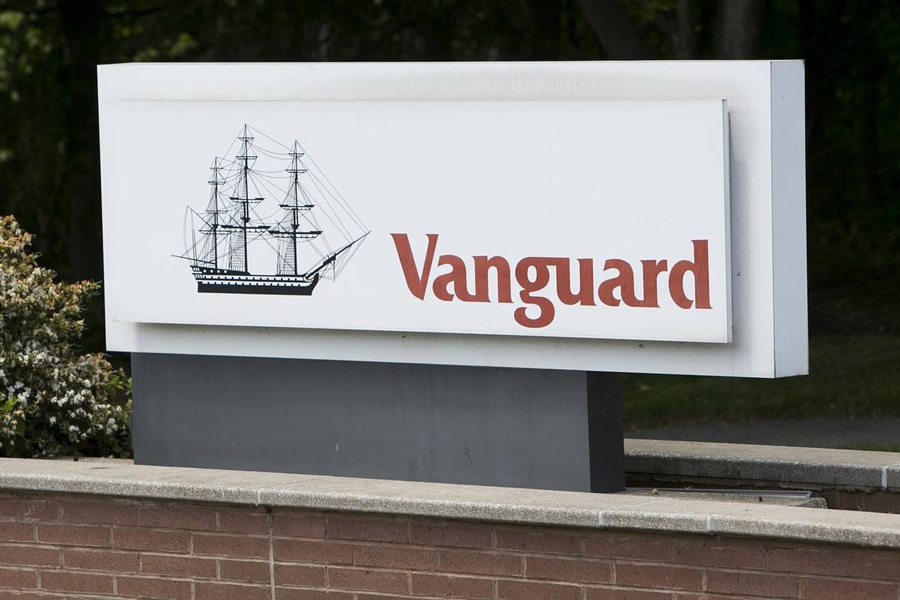Vanguard Group will start offering health savings accounts to its defined-contribution-plan clients, the retirement-plan record keeper and asset manager announced Thursday, capitalizing on the increased popularity of HSAs.
Vanguard, the largest manager of DC-plan assets, is partnering with the custodian HealthEquity to provide HSAs to 401(k) plan clients. The company will give plan sponsors the choice of using Vanguard investment funds or the funds in their current 401(k) lineup.
A handful of other large record keepers
also offer HSAs to 401(k) customers, including
Fidelity Investments and Empower Retirement, the latter of which entered the fray early last year. Fidelity also made its HSAs more widely accessible last year — it had previously offered HSAs only to companies with more than 2,000 benefits-eligible participants, but reduced that threshold to 50 employees.
Vanguard, similar to its peers, is launching the service in a bid to give participants a "more complete picture of their retirement readiness," said spokeswoman Emily Farrell.
Assets in health savings accounts have increased steadily over the past several years. Devenir Group, a consulting firm, estimates there will be $54 billion in HSAs by year-end, a 46% increase in two years. It projects HSAs will hold $74.7 billion by the end of 2020.
The number of account holders is also increasing — there were more than 23 million accounts open as of mid-2018, up from 18 million at the same point in 2016, according to Devenir.
"I think it speaks to the popularity of HSAs," Matt Gulseth, partner at Channel Financial, said of Vanguard's push into the market.
Retirement plan advisers have eyed HSAs as a
way to offer more services and expertise to their 401(k) clients. Advisers see them as an important retirement savings vehicle because of their
triple tax advantage — tax-free contributions, growth and distributions if used to pay for qualifying medical expenses. A retirement-age client can also tap an HSA for non-medical expenses and only incur income taxes, similar to a 401(k).
Read more:
Which should investors choose: a 401(k) or an HSA?
"I think most advisers should be aware of the interplay of an HSA account as a potential savings vehicle," Mr. Gulseth said, due to their increased availability through record keepers.







